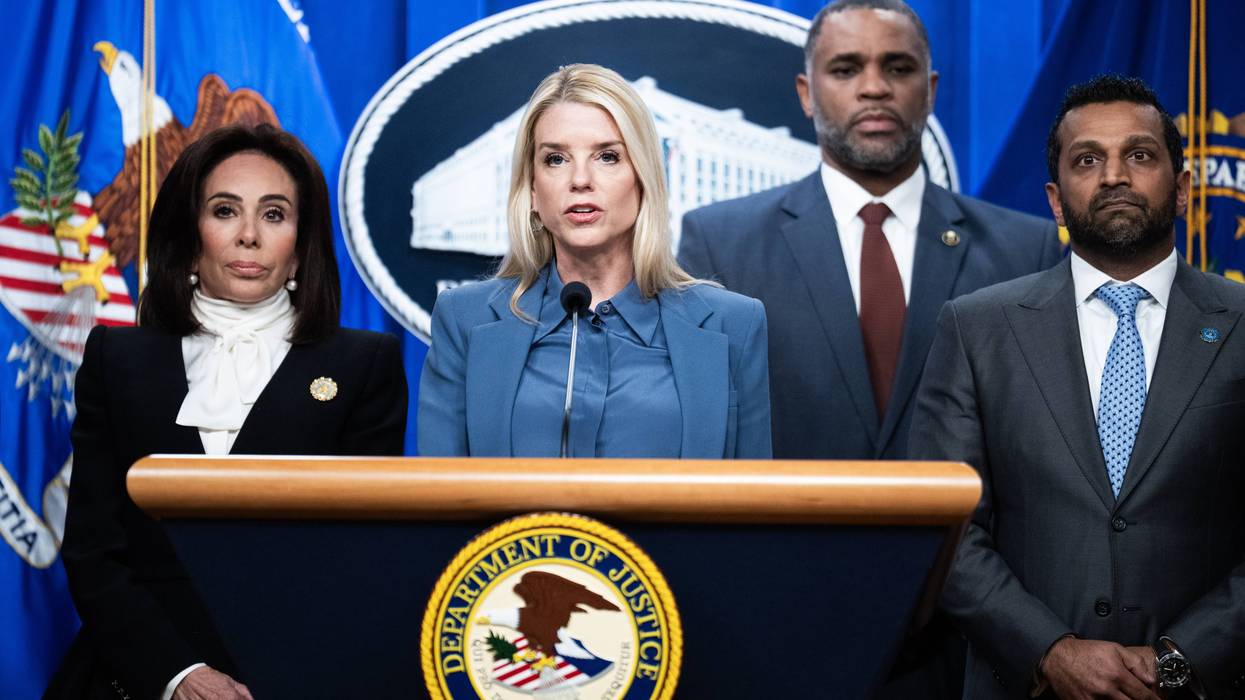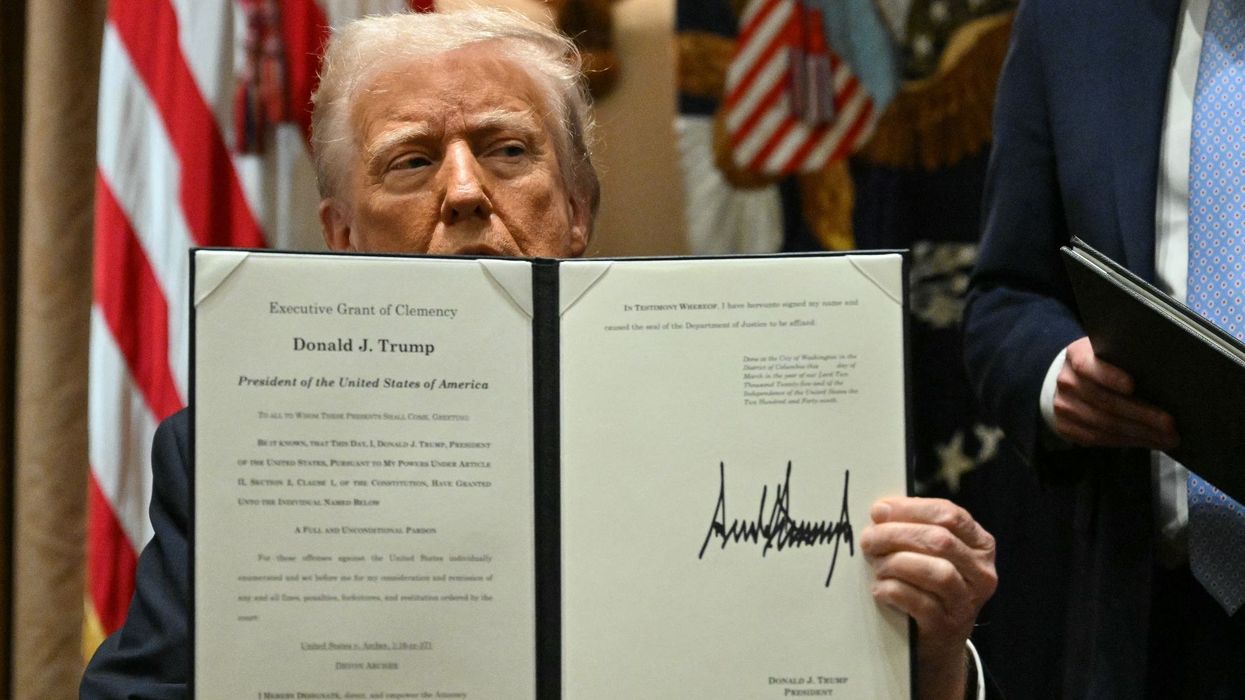Trump Unleashes Feds on US Cities While Giving Free Rein to Corporate Criminals
The president's "law and order" claims, said the watchdog group Public Citizen, "lose all credibility when cast against the lawlessness Trump allows for the pursuit of corporate profits.”
US President Donald Trump is letting corporate criminals—including some of his donors—run wild with no accountability as he unleashes federal immigration agents across the country and threatens to deploy troops against protesters in Minneapolis in the name of "law and order."
A report published Thursday by the watchdog group Public Citizen shows that the Trump administration in the president's second term has so far canceled or halted 159 enforcement actions—from federal investigations to lawsuits—against 166 corporations accused of illegal conduct.
"As a result of Trump’s corporate enforcement retreat, at least eighteen corporations accused of lawbreaking avoided paying $3.1 billion in penalties for misconduct, including 12 that benefited from canceled enforcement and six that settled enforcement actions with penalties significantly reduced from those sought under" former President Joe Biden, the report observes.
Public Citizen estimates that a third of the corporations that have benefited from dropped or frozen enforcement efforts during Trump's second term have ties to his administration, including more than 30 that donated to the president's inaugural fund or ballroom project.
Those corporations include Amazon, Coinbase, Microsoft, Meta, and Pfizer. The pharmaceutical giant, which Pam Bondi represented before becoming US attorney general, has benefited from three canceled Justice Department enforcement actions since the start of Trump's term—more than any other company.
Rick Claypool, a Public Citizen research director and author of the new report, said the findings further undercut Trump's claim to care about the rule of law.
“The Trump administration is canceling accountability for corporate predators that cheat consumers, exploit workers, and illegally abuse their power at home and abroad,” said Claypool. “The ‘law enforcement’ claims the White House uses as pretext for authoritarian anti-immigrant crackdowns, city occupations, and imperial resource seizures abroad lose all credibility when cast against the lawlessness Trump allows for the pursuit of corporate profits."
NEW @Public_Citizen report:
Trump agencies canceled or froze 159 enforcement actions vs 166 alleged corporate lawbreakers over the 1st year of his 2nd term.
1/3 of the corps have Trump admin ties such as ballroom donations.
They avoided paying $3.1 billion in penalties. 1/2 pic.twitter.com/szM0umFzmD
— Rick Claypool (@RickClaypool) January 15, 2026
Public Citizen's analysis came hours after Trump, in an early morning social media post, threatened to invoke the Insurrection Act to crush protests against Immigration and Customs Enforcement in Minneapolis, where federal agents have shot at least two people over the past week—one fatally—and brutalized many others.
Lisa Gilbert, Public Citizen's co-president, said Thursday that "invoking the Insurrection Act to deploy military forces against the American people is the exact opposite of what Minneapolis—and the country—needs right now."
“Trump should abandon this idea immediately and stop threatening to use the military against the American people," said Gilbert.


